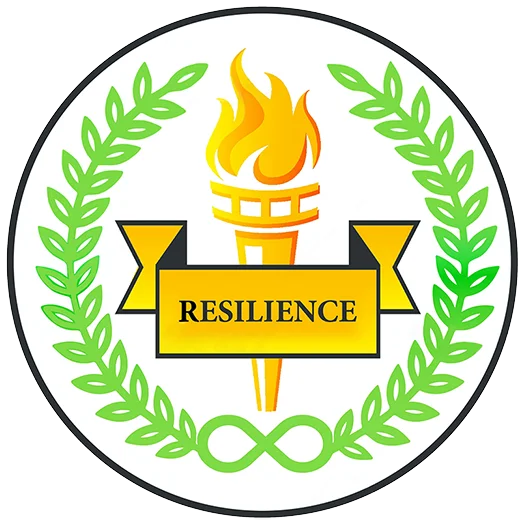
SEL Resources For COVID-19
Strength and resilience are only acquired from resistance and difficulty.
We need challenges to grow stronger.
As the world responds to the outbreak of COVID-19, our hearts go out to those who have been affected by this unprecedented event. At a time like this, it is difficult to stay calm. Overcoming feelings of anxiety takes conscious effort.
At Resilience, we understand the nature of strong emotions and recognize the social and emotional needs that may emerge. During this challenging time, SEL can serve as an anchor of stability which provides the necessary tools and resources needed to accept and embrace the situation. The quarantine offers us all a unique opportunity to develop positive relationships, support each other and to inspire and nurture ourselves, our children, our families, friends and neighbors both close and far.
Tools and Resources
The resources provided here have been collected to assist educators, parents, and those currently working with children.
Please do not hesitate to use and share these tools!

PARENTS AND CAREGIVERS
Keep Calm
Being a parent is not easy and it becomes extremely challenging during a crisis situation. As children turn to parents with questions, adults often struggle to find the right answers. While it is okay for parents to feel anxious, behaving with calm and confident fashion will teach children that difficult situations can be handled in a controlled manner. Anxiety is a natural reaction, however, an excess of anxiety does not contribute to caution or improve our behavior, it tends to make most situations worse. This is why it is crucial for parents to keep calm and controlled during a crisis, as emotions are contagious, and children will follow the emotions they witness. Stay calm, make a concerted effort to relax yourself before, during and after conversations with children.
Children will emulate the behavior they witness, so keep calm.
Helpful Resources:
Centers for Disease Control and Prevention has come up with general principles for talking to children about the COVID-19 crisis.
Additional Resources for Parents and Caregivers:
National Association of School Psychologists: Talking to children about COVID-19 virus
Centers for Disease Control and Prevention: Discuss COVID-19 with children.
Yale Medicine: Kids and COVID-19: What Parents Should Know
World Health Organization: Helping children cope with stress during the 2019-nCoV outbreak
The Washington Post: When both parents of kids test positive for Covid-19
The National Child Traumatic Stress Network: Parent/Caregiver Guide to Helping Families Cope With the Coronavirus Disease 2019 (COVID-19)
Al Jazeera: How to homeschool during coronavirus

EDUCATORS AND SCHOOL STAFF
SSEL Resilience for Young Adults
In times of crisis, teachers play a very important role in building a student’s self-confidence. Letting children know that they are not alone and reminding them that the school and teachers have their backs can help students see the situation in a positive light.
Teachers can also share science-based facts about COVID-19 and provide children with emotional and social tools to cope with their fears and anxiety.
UNICEF has some suggestions about how teachers can engage with students of different ages and provide them with information on preventing and controlling the spread of COVID-19 and other viruses.
Helpful Resources:
American Federation of Teachers: COVID-19: Information for educators and school support staff
American Federation of Teachers: COVID-19: Information and resources for higher education
Centers for Disease Control and Prevention: Considerations for School Closure
District Administration: 82 free K-12 resources during coronavirus pandemic
United States Department of Education: Q/A on providing services to children with disabilities during COVID-19 outbreak
United States Department of Education: FERPA & Coronavirus Disease 2019 (COVID-19)
United States Department of Education: Addressing the Risk of COVID-19 in Schools While Protecting the Civil Rights of Students
World Health Organization: Key Messages and Actions for COVID-19 Prevention and Control in Schools
National School Boards Association: COVID-19: Preparing For Widespread Illness in Your School Community
National Education Association: Schools and Coronavirus: What You Should Know
University of Alabama: How Faculty and Staff can Cope with Stress Amid COVID-19
Publishers Weekly: Educators and librarians help students cope with crisis

FOR ANYONE
Helpful Resources:
Suicide Prevention Resources Center: Feeling Anxious about Coronavirus? There’s an App for That.
United States Department of Veteran Affairs: PTSD: National Center for PTSD
